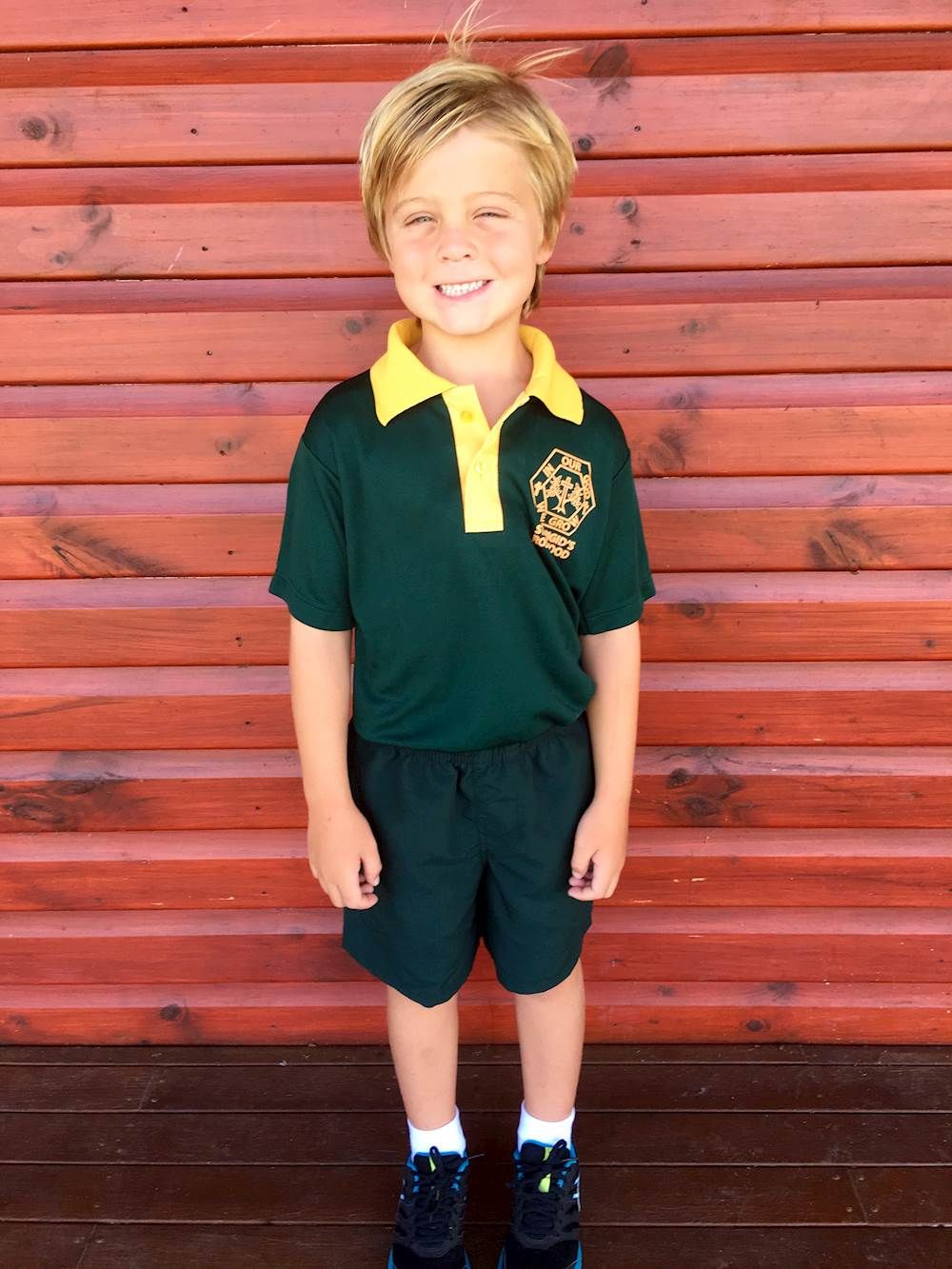Meet Riley…

At just 13 weeks gestation, Riley—the fourth child of Melissa and Rob McCrae— was diagnosed with the potentially fatal condition Rhesus iso-immunisation, where Melissa’s body produced antibodies which sought to attack and destroy Riley’s blood.
At 34 weeks gestation, Riley—weighing 2360 grams—was delivered by Dr Gardener, Director of Maternal Fetal Medicine at Mater.
Not long after birth, Riley was rushed to Mater’s Neonatal Critical Care Unit (NCCU).
“His antibody levels were dangerously high, which can cause brain damage and other severe side effects,” Melissa said.
The next 48 hours were touch and go for Riley—he had to have two blood exchange procedures during that time.
After eight days of more treatment in NCCU, Riley began to improve and Melissa and Rob were able to take their son home.
Today, Riley is your typical, healthy six-year-old—always on the go with lots of friends in his Prep class.
Thanks to your generous support, Mater researchers can continue to research conditions like Rhesus iso-immunisation, to improve the health outcomes for seriously ill mothers and babies—just like Melissa and Riley.
What is Rhesus Isoimmunisation?
Rhesus Isoimmunisation occurs when an expectant mother has a negative blood group and her unborn baby has a positive blood group. The mother’s immune system recognises the fetus as ‘foreign’ and starts producing antibodies. These antibodies can travel through the placenta and start attacking the baby’s red blood cells. To find out more visit materprizehome.com.au.

We would love to hear from you
We would love to know what you think about Mater Lotteries!
1800 067 066
All times displayed in your local timezone unless stated otherwise. Mater Foundation Ltd as trustee for Mater Foundation is registered as a charity with the Australian Charities and Not-for-profits Commission. ABN 96723184640. All prices are displayed in AUD.



